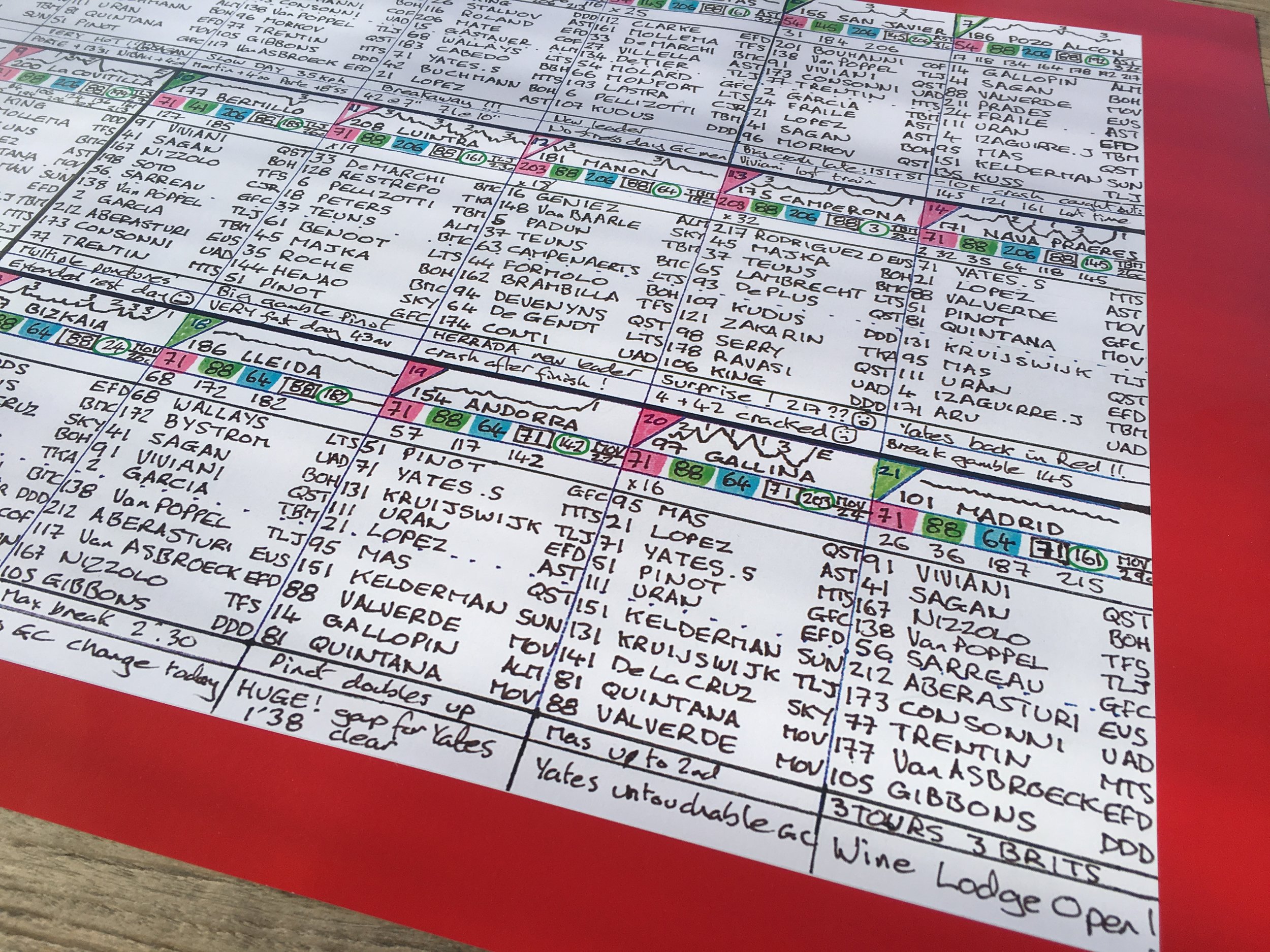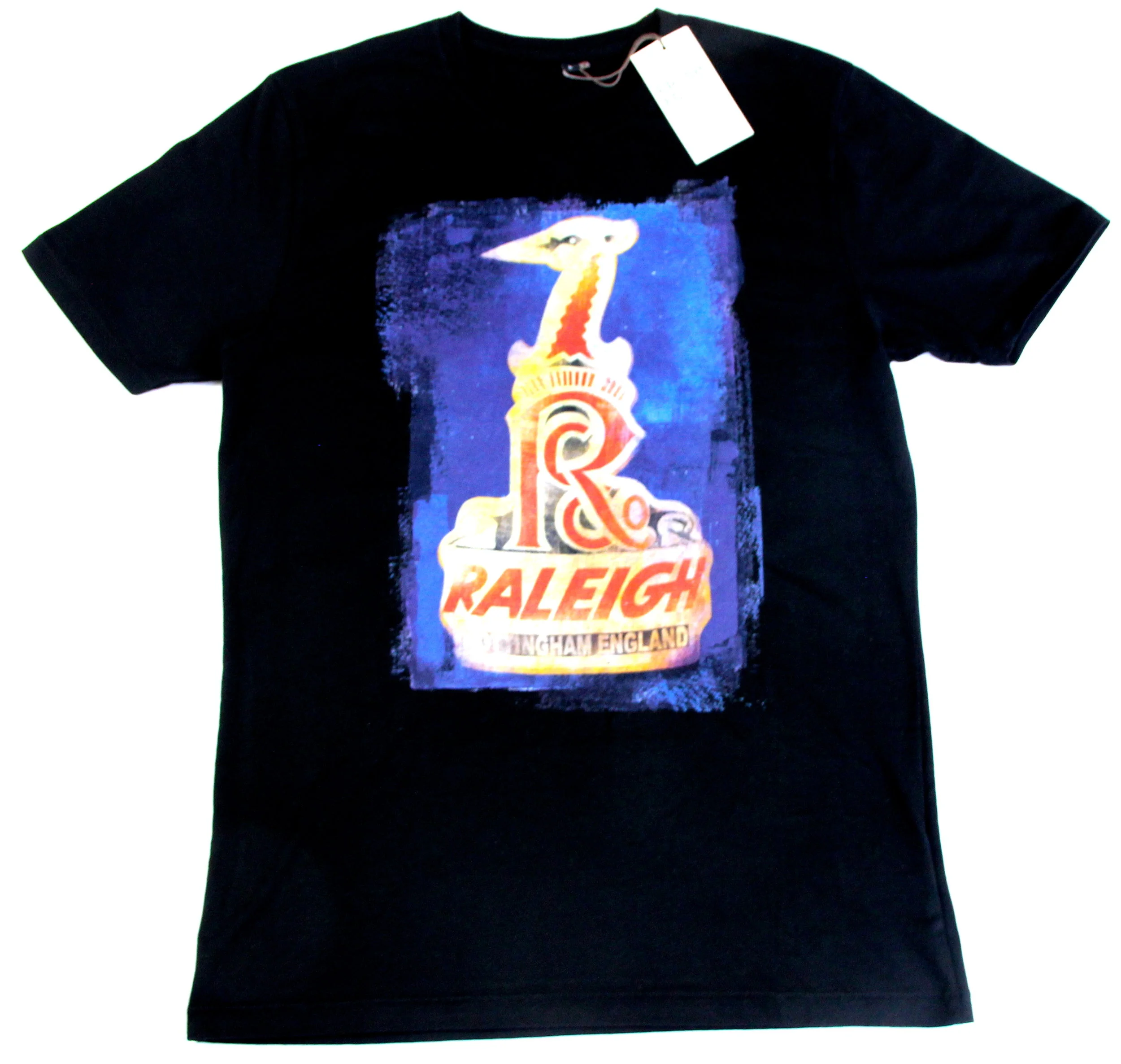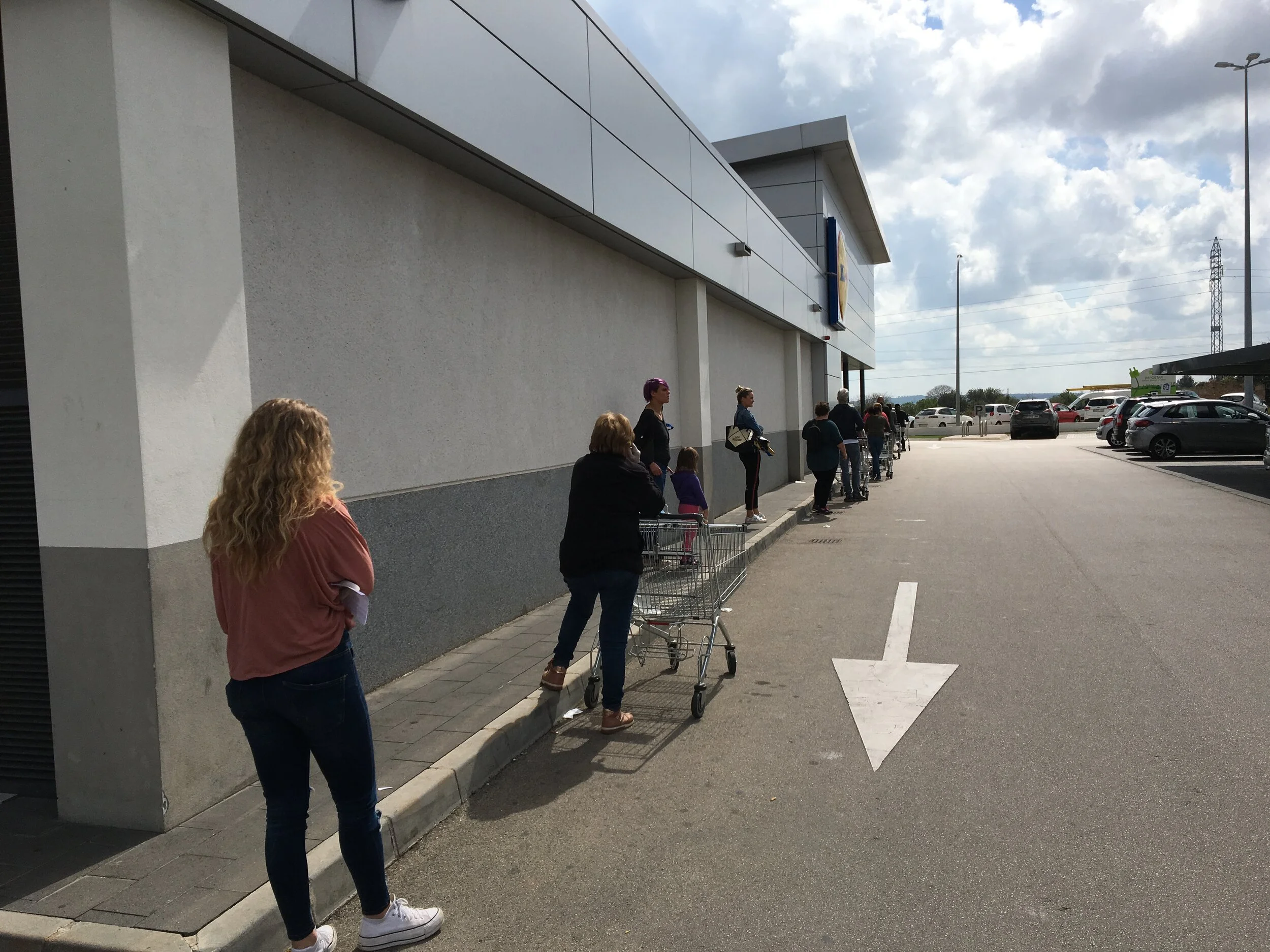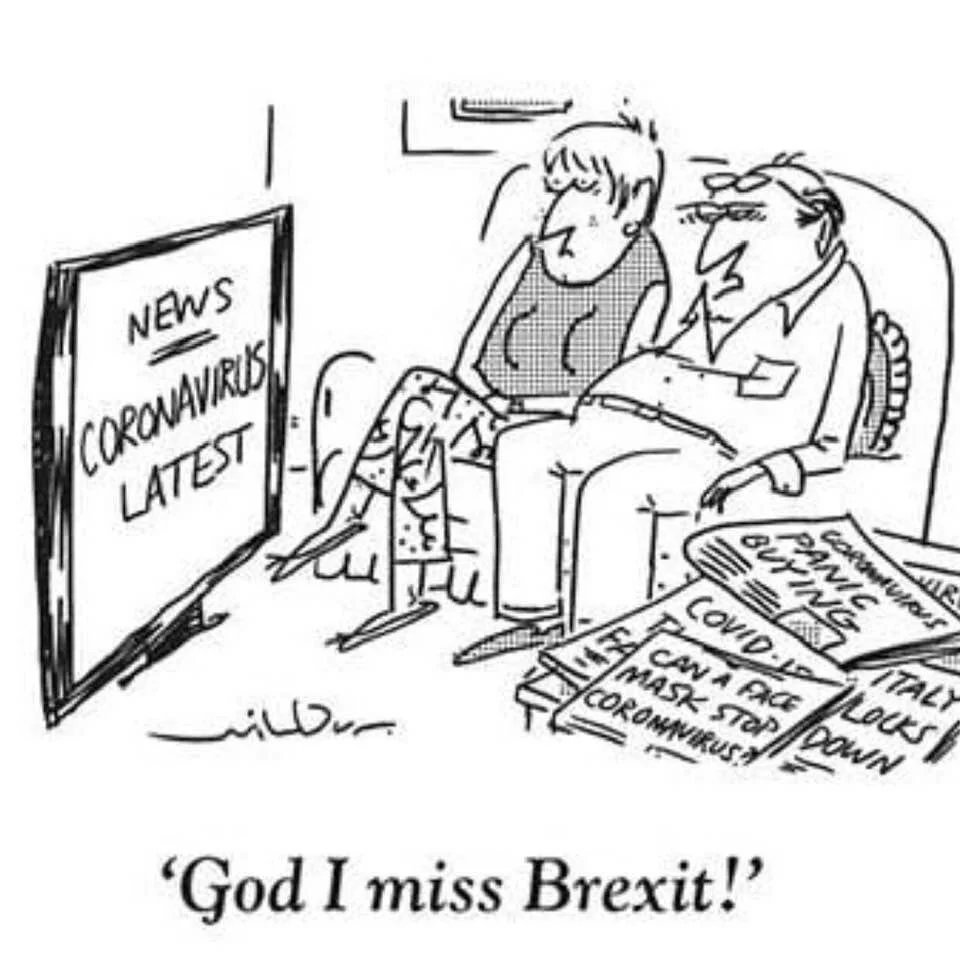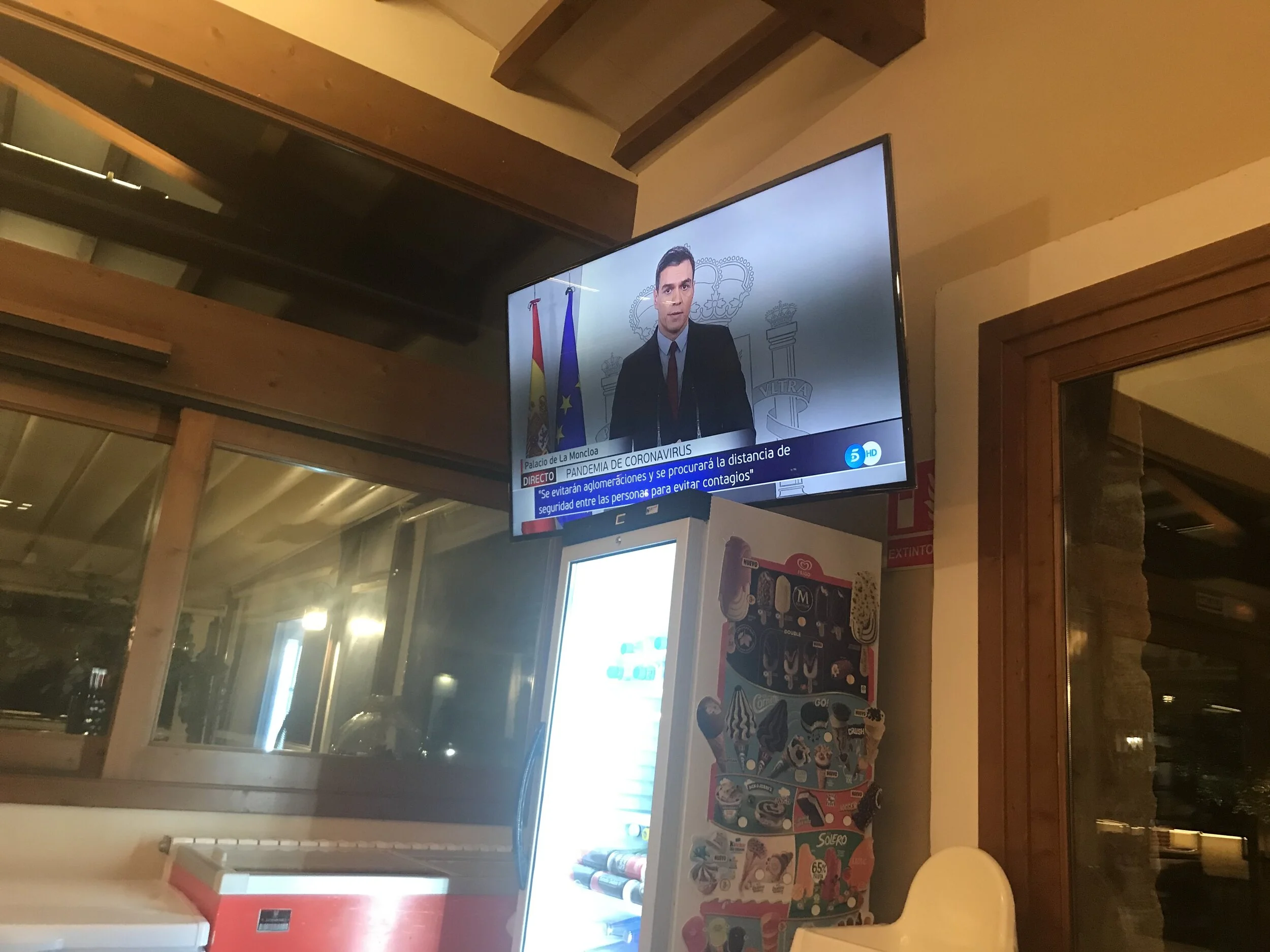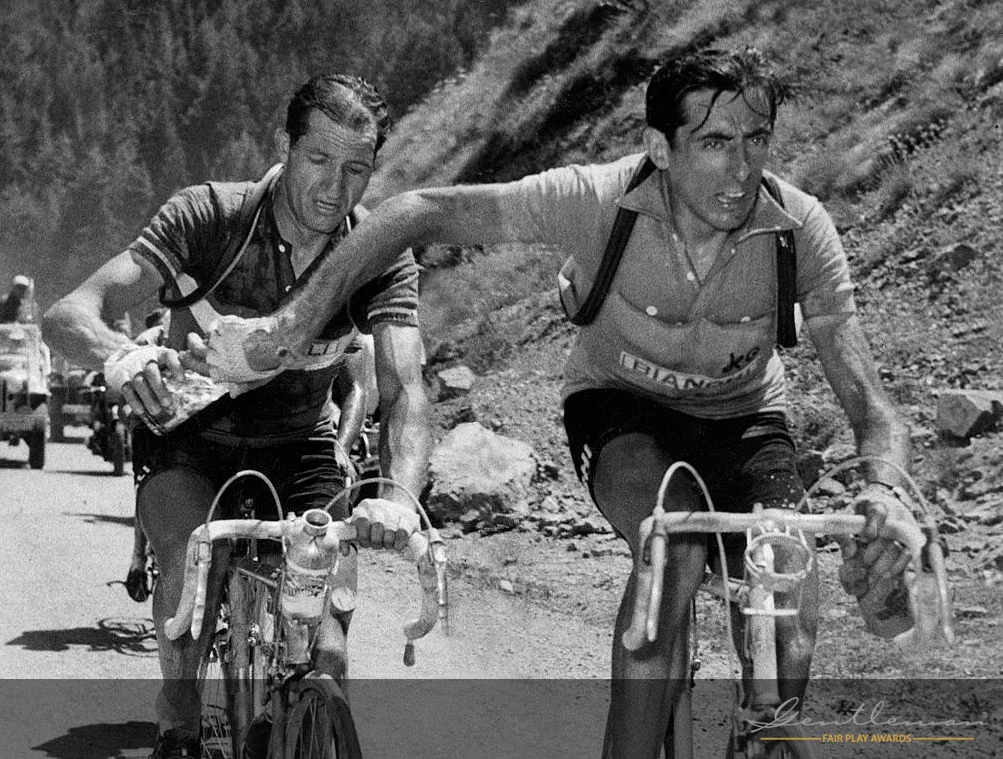By Robbie Broughton
This year’s Vuelta has been one of the most entertaining for years: the red jersey was passed round the peloton like a hot potato in the first few days, some of the uphill finishes have been both fascinating and torturous to watch and we’ve seen the breakaway win through on half a dozen occasions. While the spectators have been enthralled, it’s no secret that there’s been some grumbling from the riders about the tough parcours being set. And with two of the teams taking part, folding at the end of the season, there are some serious questions being asked about the future and sustainability of pro cycling.
It's been a brilliant Vuelta for fans but brutal for the riders
Take a look at IAM for instance. The Swiss team was set up in 2013 as a Professional Continental level team and moved up to the world tour in 2015 having raced as a wild card in the 2014 Tour de France. Michael Thétaz, the team’s owner, announced in May that they had failed to secure a sponsor signalling the end of a ‘beautiful adventure.’ Having reached the top flight of the World Tour the only way they could have continued as a team was to take a step down back to Continental level. IAM will no longer exist at the end of this season.
While some of the riders currently racing for IAM have been able to secure contracts with other teams for next year, others like Larry Warbasse haven’t. But one thing they all have in common is that they’re leaving their team on a high, experiencing more success than ever in their short-lived history. Roger Kluge won a stage at the Giro, the team’s first in a grand tour. Then Jarlinson Pantano won a mountain stage in the Tour de Suisse and followed that up with a stage win at the Tour de France – a tricky one when he had to go head to head with the experience and racing acumen of Rafal Majka of Tinkoff.
Mathias Frank wins Stage 18
In the Vuelta Jonas van Genechten won stage 7 and this Wednesday saw Mathias Frank put in a gutsy performance on the final climb to win Stage 17. Other IAM riders have been consistently getting into the top 10, with two of them contesting the bunch sprint in Stage 18.
“We have always been attacking, always trying to win. Finally this season, we’ve been able to show what we’re capable of,” said Frank after his win. “It’s a real shame the team stops, but that’s the way it is.”
So how is it that one of the most aggressive teams of the peloton that wins stages, contests the sprint finishes, sends riders out in the breakaway and has generated a huge amount of publicity for its sponsors is unable to continue next year?
The traditional sponsorship model that the pro teams operate in is clearly a precarious one. If a backer decides to pull out the team has to scramble to find a replacement sponsor, someone prepared to invest millions of Euros each year. If they fail, the team folds, like IAM. HTC Highroad, the most successful team of its time had a similar shortfall in 2011 and went the same way.
The other big name closing shop at the end of the season is, of course, Tinkoff. Speaking to Cycling Weekly earlier this year Oleg said,
Oleg Tinkov speaks frankly
“I’ve decided to sell the team and quit the sport because I’ve realised nobody wants to work with me to help change the business model of the sport. In the last two or three years I’ve tried to fight with the ASO and UCI, I’ve tried to find revenue streams via TV rights, merchandise sales and ticket sales but nobody really supported me and wanted to take a strong stand with me.”
One of the ideas he had was to create a premiership of teams that concentrate on the Grand Tours and Classics with the ASO running some of the smaller races with a lesser league of teams. There would be movement between the leagues based on year to year performance rather like in Football. Revenue would come from TV rights.
Sadly, Oleg didn’t get very far and, as he so eloquently put it, “Everyone who is left in cycling will be the ones who will be in the shit. They will have to survive year by year, trying to convince sponsors to back a sport that isn’t sustainable.”
Geert Broekhuizen
However, website Cyclingtips revealed a business model that would follow a completely different route when they spoke to Geert Broekhuizen, a former press officer for Giant-Alpecin who recently joined forces with the consulting firm Rebelgroup. Apart from the unstable nature of the current system, Broekhuizen points out other flaws such as teams being unable to develop long term structures as they try to fulfil short term sponsor contracts. When he approached Rebelgroup with some ideas of how to change the system they also recognised “that professional cycling is very undeveloped from a business perspective, which inhibits the growth of the sport.”
Rebelgroup brainstorm
In short, what they envisage is a “sustainable club structure in which we have members and partners.” The top tier of the ‘club’ comprises of the 25 or 30 professional riders, below this are the semi professionals, but the broad base is formed by amateurs and fans. A broad fan base, believes Broekhuizen, is crucial and could support the structure in the same way that they do football clubs at the moment. If you consider that Manchester United has about 75 million fans worldwide who buy team kit and merchandise, and pay subscriptions to be part of the official supporters club, something could be achieved on a smaller scale in cycling.
Such a structure would close the gap between professional and recreational cycling where there is little crossover at the moment. Broekhuizen can see a situation where “you could have licences for amateurs through the club. You would be a member of the same club as the pro…so, one day, you can have a club championship and race against the pros. But you can also think about ideas such as race access and training guidance…We believe there are many ways to involve new fans and recreational cyclists, and not only the current fans we see.”
It sounds like an intriguing idea. Let’s hope that he gets more cooperation from the UCI, ASO and pro teams than 'poor' old Oleg got. And lets hope that cycling as a professional sport can move forward from the situation it’s in now. No one likes to see a successful team disappear. I’d love to have a professional cycling team to support in the same way I’ve always followed the Shrews. I wonder what the equivalent in cycling terms would be?










